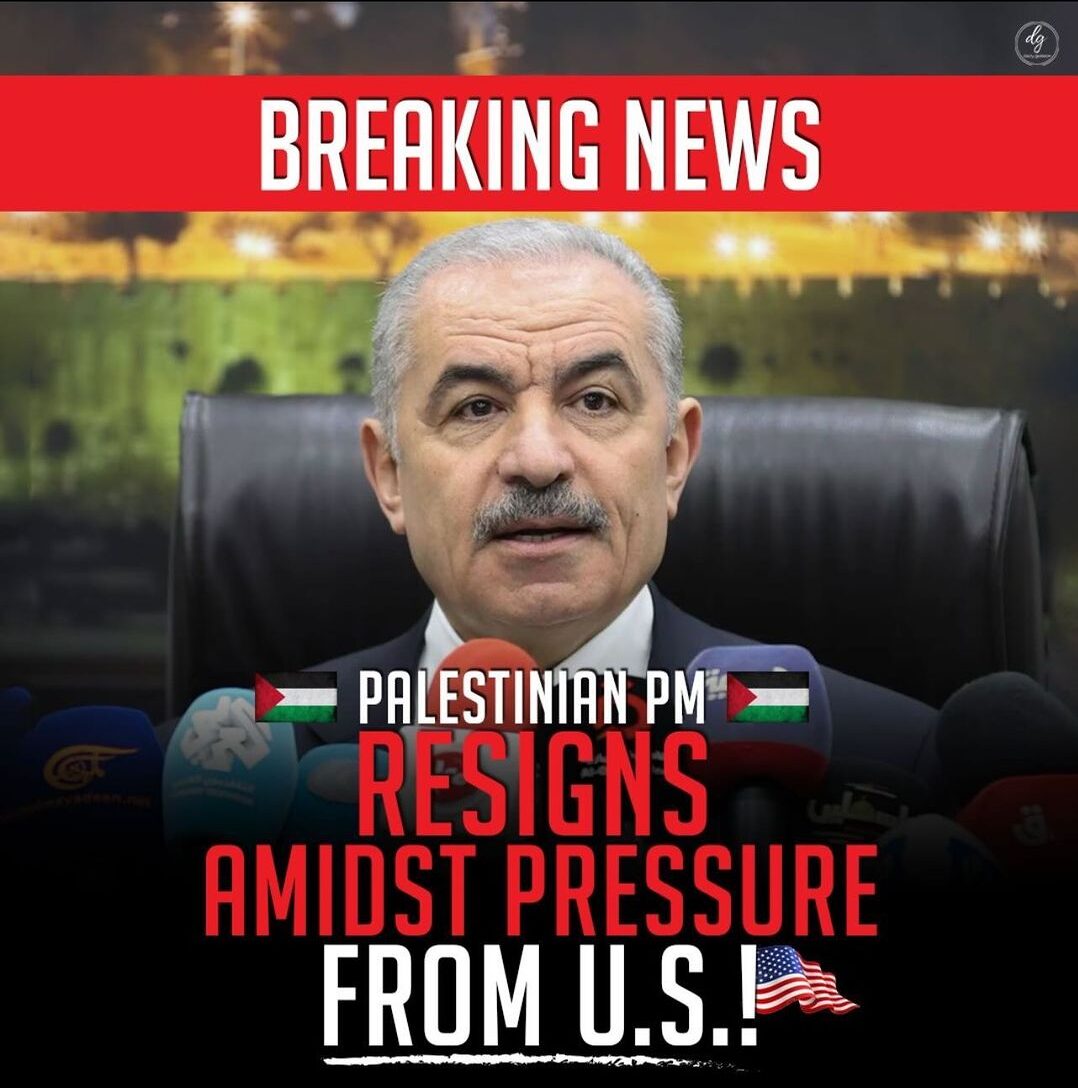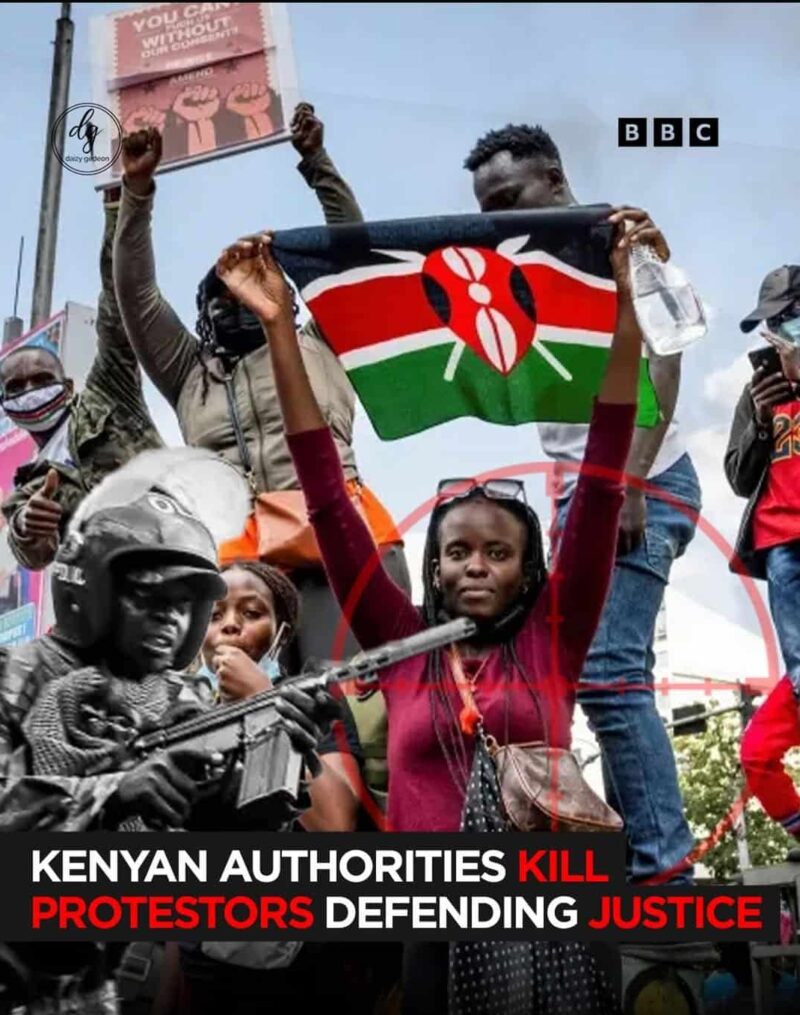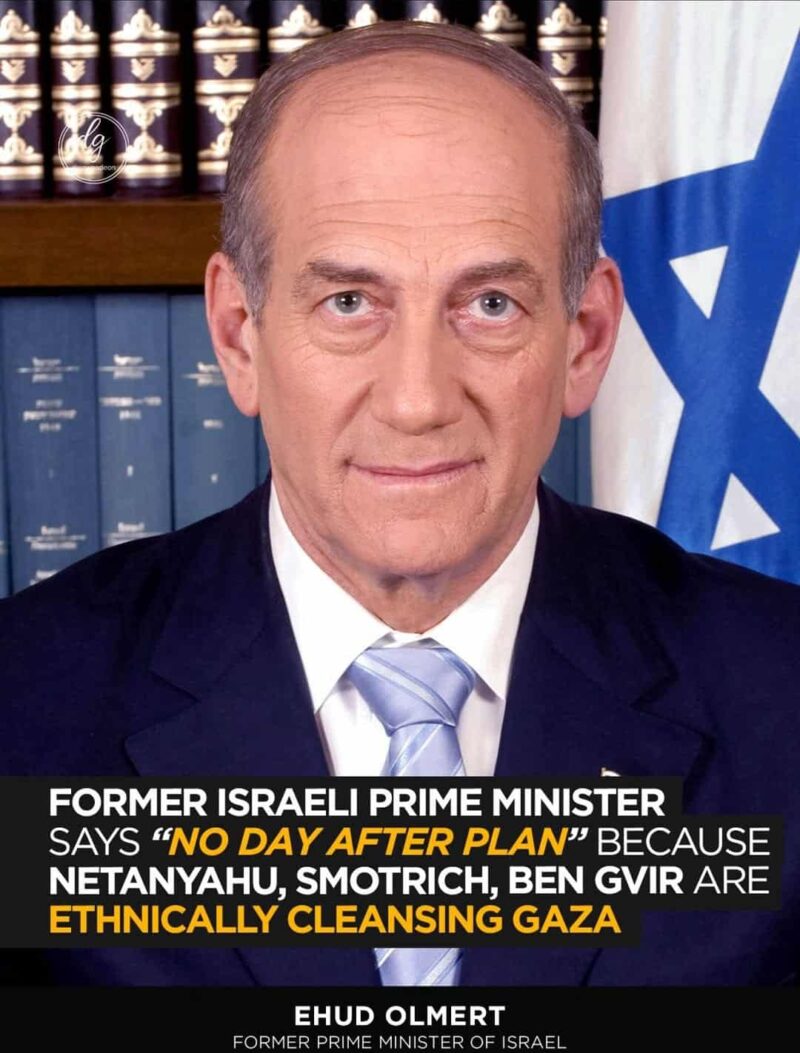PALESTINIAN PM RESIGNS AMIDST PRESSURE FROM U.S.!
February 26, 2024
BREAKING!!
Palestinian Prime Minister RESIGNS!! In an official statement, he said:
“The decision to resign came in light of the unprecedented escalation in the West Bank and Jerusalem and the war, genocide and starvation in the Gaza Strip,”
This comes amidst heavy pressure from the US on the Palestinian Authority to develop a political model to rule the Palestinian territories after the war. Rumours suggest the establishment of a technocracy might be in the mix.
Shtayyeh further stated:n“I see that the next stage and its challenges require new governmental and political arrangements that take into account the new reality in Gaza and the need for a Palestinian-Palestinian consensus based on Palestinian unity and the extension of unity of authority over the land of Palestine.”
@aljazeera
If you advocate for TRUTH & JUSTICE, SHARE to spread the knowledge.
#FreeGaza #PalestineSolidarity #GazaGenocide #UNRWA #EndGenocide #Palestine #ICJJustice #ceasefirenow #FreePalestine #Interfaith #StandWithUs #Truth #Palestine #Gaza #Humanrights #Israel #فلسطين #اسرائیل #غزة #airdropaidforgaza
English Script:
Delano D’souza: First, the Palestinian Prime Minister, Mohammed Shtayyeh, has announced he’s handed in his resignation to the President. The development this Monday comes as pressure mounts on Mahmoud Abbas to shake up the Palestinian Authority. This as the U.S. and regional players look to who could possibly govern the Gaza Strip once Israel’s offensive to oust Hamas comes to an end. For more on this story, we can go across to ABC correspondent Jordana Miller standing by in Jerusalem. Jordana, why is he done this and why has it done this now?
Jordana Miller: Well, the Palestinian prime minister has tried to submit his resignation in the past and the president, Mahmoud Abbas, has said, no. This time we do expect it will be different because of the mounting pressure from the United States for the P.A. to begin to implement reforms and change its leadership, improve its governance and its accountability as the U.S. looks to give the Palestinian Authority a major role in the Gaza Strip after the war, and that seems to be what is behind Shtayyeh resignation now. We may see the Palestinian Authority put together now a technocratic government that is a government that is not necessarily connected to political parties, but led by experts that could be some kind of transitional government over, especially in the Gaza Strip. As soon as maybe, you know, the next several months, if the war ends that soon. And they would serve as a transition before elections, for example, would be held in the Gaza Strip. So this is a move that the United States is going to support and celebrate. But there are still are a lot of questions. For example, who will the Palestinian President put in this position to take over? The United States and the UK and other allies are looking for the Palestinian President, Mahmoud Abbas, to step aside and now fill a more ceremonial role without as much direct power. Remember, Abbas is deeply unpopular. He’s ailing, you know, he has been very ineffective over the last several years. And the United States and its allies are looking for new leadership. So if Abbas appoint someone who genuinely will be a new leader, that will be very welcome. But it could be that Abbas will put someone in power who he will still be able to control, and that will actually not be a sign of progress.
Delano D’souza: Jordana, also happening today where you are, we’ve had the Israeli army who was presented the war cabinet with a plan to evacuate civilians from Rafah. Do we have any details at this stage?
Jordana Miller: We don’t really know yet what the evacuation plan looks like for over a million Gazans that are sheltering by the the Egyptian border in Rafah. We also don’t know much about the IDF military plans there. We may learn some more details over the next several days. Analysts expect that if Israel implements this plan to move civilians out, it will take two or three weeks and they are likely now to go. Perhaps some will go to the northwest along the coast near the Moasi area that is already declared as a safer zone. I can’t call it a safe zone because there’s still combat there, but that won’t be enough. There’s not enough room there for all of those civilians. So perhaps some, it’s expected, will go to the northeast further up past Khan Yunis, to the east below the Aza River. Again, we have to remember that Netanyahu is using the looming threat of a massive operation in Rafah as a pressure point and leverage on Hamas and its leadership to soften its positions and agree to some kind of ceasefire or hostage release deal. So that may be also part of this mounting pressure. It’s not that Israel’s not serious about this operation. But, you know, it is another step towards that operation to have actual military and evacuation plans on the table. Those will still be discussed in the days ahead. The cabinet did not approve these plans yet.






